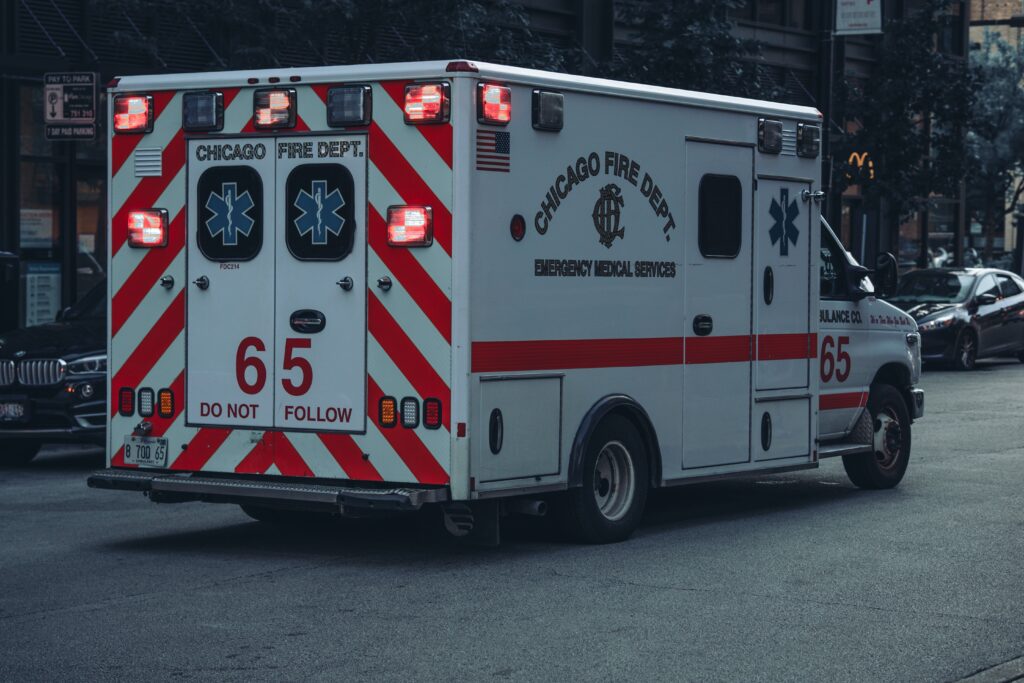In the sphere of Illinois personal injury law, one principle that often emerges is vicarious liability, also known as respondeat superior. This doctrine implies that in certain circumstances, an employer can be held accountable for the actions of their employees. This article aims to shed light on this principle and its implications in personal injury lawsuits in Illinois.

Vicarious Liability: A Closer Look
Vicarious liability is a legal doctrine that attributes liability to an entity or individual who didn’t directly cause harm but maintains a superior legal relationship with the person who did. Essentially, if an employee, while performing their job duties, inflicts harm on another person, the employer could be held responsible for the employee’s actions. This principle rests on two main pillars:
- The employee is likely executing tasks under the employer’s direction, and thus, the employer should share the responsibility for any harm caused.
- The legal system aims to restore the injured party to their original state, or as close to it as possible.
Can an employer be liable for the actions of their employees?
The heart of vicarious liability lies in determining whether the actions of the employee were within the “scope of employment.” An action is considered within this scope if it is the type the employee is employed to perform, occurs within authorized time and space, and is executed with the intention of serving the employer.
To illustrate this concept, let’s consider some hypothetical scenarios:
| Scenario | Description | Vicarious Liability? |
|---|---|---|
| Scenario 1 | A courier, while delivering packages for a logistics company, accidentally collides with a pedestrian. | The logistics company could be held liable as the courier was performing his duties at the time of the accident. |
| Scenario 2 | The same courier, after completing his deliveries, takes a detour to refuel the company vehicle and accidentally collides with a pedestrian. | The logistics company may still be held liable as the vehicle requires fuel to perform deliveries, which is within the scope of his employment. |
| Scenario 3 | The same courier, instead of stopping for gas, visits a bar, becomes intoxicated, and accidentally collides with a pedestrian while leaving the bar. | The logistics company is likely not liable as the courier’s actions were unrelated to his employment. |
These scenarios highlight the difference between a “detour” from an employee’s duties and a “frolic,” which can determine whether the employee is within the “scope of employment” at any given moment.
Vicarious Liability and Illinois Auto Law
Under Illinois auto law (815 ILCS 312/30), vicarious liability can be invoked where blame may be attributed to someone other than the direct cause of harm. For example, if a minor or a corporate driver causes an accident, the victim may seek damages not from the driver but from their parents or the corporation, respectively.
Legal Assistance: Your Next Step
Deciphering fault in a personal injury case can be intricate, and determining whether vicarious liability applies to your case is best left to a seasoned attorney. If you or someone you know has been a victim of an injury due to another’s negligence, our team at Injured in Illinois can point you in the right direction towards financial recovery.
Damages available under Illinois law encompasses not only repair costs but also other expenses including lost wages, pain and suffering, medical bills, and more.
If you require assistance with a personal injury, car accident, or workplace injury case, please fill out the contact form at the end of this article for a free case evaluation. We’re here to help you.
Disclaimer: This article is for informational purposes only and does not constitute legal advice. For personalized legal advice regarding your injury case, please consult with a qualified attorney.





